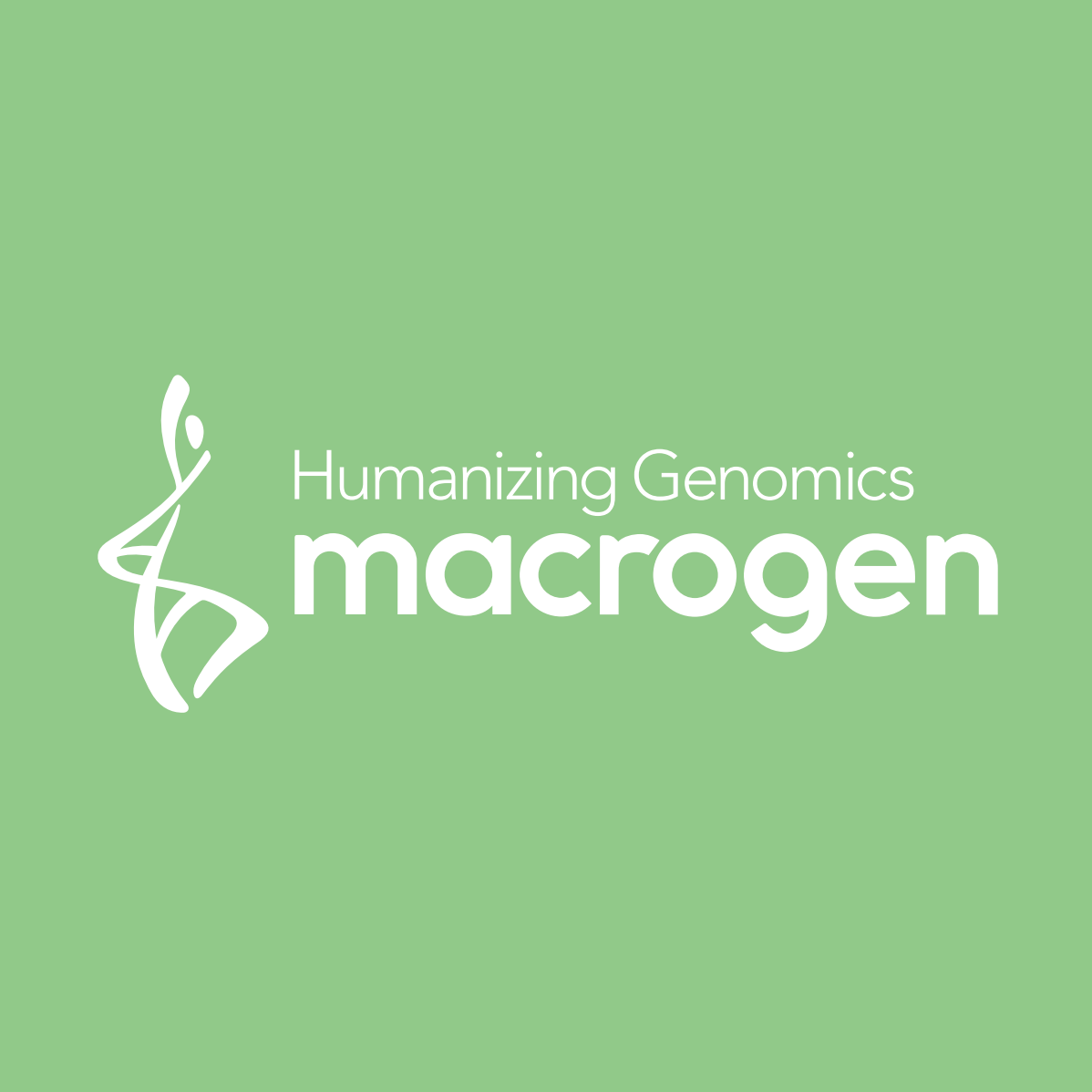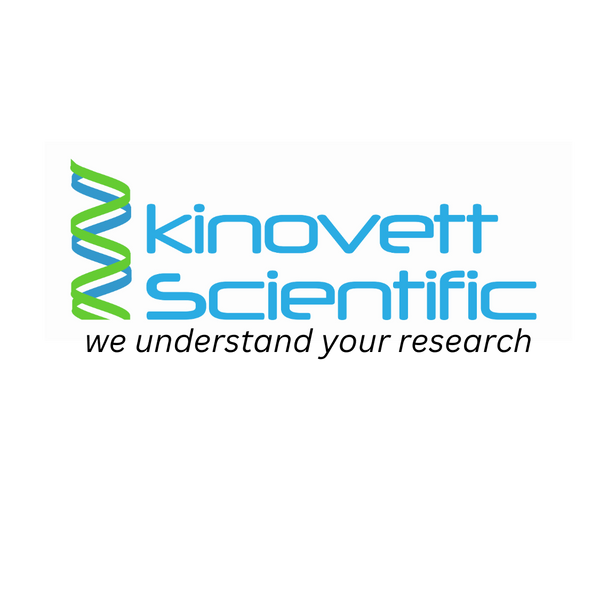Kinovett Scientific
Species Identification (thru DNA Sequencing)
Species Identification (thru DNA Sequencing)
Couldn't load pickup availability
DESCRIPTION
MACROGEN Species Identification (For Pure Culture and Genomic DNA ONLY).
Do you wish to identify the species of your culture? DNA Sequencing is the fool-proof method.
Inclusive of DNA extraction, PCR amplification and purification, bidirectional sequencing, and contig assembly (Bioinformatics Report).
Turnaround time: 10 working days.
Note: If your samples fail to amplify, a Php 950 processing fee will apply. This fee covers sending your samples to Korea, DNA extraction, PCR amplification, and gel electrophoresis. You will be refunded Php 1,050 per sample if amplification fails.
ORDERING INSTRUCTIONS:
-
Please specify the type of organism (bacteria or fungi), sample type (gDNA or pure culture), and name of sample when adding the service to your cart.
- If you are sending multiple samples, please order them one at a time. You can only add to cart one sample at a time.
- Upon completing the checkout and payment, an email will be sent to you regarding the sample shipment instructions.
SAMPLE PREPARATION
Ensure your samples are well-prepared for analysis. We strongly recommend placing them in plastic containers, such as plastic petri plates, microcentrifuge tubes, cryovials, instead of breakable materials like glass test tubes and glass petri plates. This precaution minimizes the risk of breakage during transport. When packing your containers, make sure that they are taped together to minimize collission between containers which may result in breakage. Kindly seal your containers with parafilm to avoid spillage. Finally, place your containers in a resealable pack (e.g. ziplock) together with your name and institution.
Acceptable samples for species identification include Agar plates, Broth culture medium, gDNA, and gDNA dry powder. Please note that PCR products are not suitable for sample submission. Additionally, samples not cultured in agar plates, broth, etc., cannot be submitted.
For Agar Plate:
- To increase the likelihood of successful amplification for both fungal and bacterial samples, we require to resuspend the harvested cells from agar plates or nutrient broth in 200 μL of cold PBS or 10 mM Tris-Cl pH 8.0 (or TE buffer), and vortex the tube for 5 seconds to ensure thorough mixing.
- We can still accept cells in agar plate if that's your preference. Please be aware that if the samples do not amplify, a processing fee of Php 950 will apply. This covers the cost in sending your samples to Korea, extracing the DNA from your samples, and the PCR amplification.
- For gram-positive bacteria, characterized by cell structures containing thick peptidoglycan walls, pre-treating cultured cells with lysozyme or a lysozyme solution may improve the lysis of these samples.
-
For environmental monitoring with multiple species of colonies:
> Experimentation is possible; however, please mark the specific sample you wish to request for identification analysis.
> If contamination occurs during sample transit, achieving pure culture isolation may not be feasible. Sending new samples is recommended.
> Please be aware that gDNA extraction failure may happen if there are insufficient sample amounts.
For Broth Culture Medium:
- One plate with one pure isolated culture is recommended.
- Shipping the broth in a 1.5ml microcentrifuge tube or cryovial is preferred. Alternatively, you may spin-down the broth and send the pellet.
- To increase the likelihood of successful amplification for both fungal and bacterial samples, we require to resuspend the harvested cells from agar plates or nutrient broth in 200 μL of cold PBS or 10 mM Tris-Cl pH 8.0 (or TE buffer), and vortex the tube for 5 seconds to ensure thorough mixing.
- For gram-positive bacteria, characterized by cell structures containing thick peptidoglycan walls, pre-treating cultured cells with lysozyme or a lysozyme solution may improve the lysis of these samples.
For gDNA dry powder:
- Provide at least half of the 1.5ml tube for optimal processing.
PROTOCOL IMPLEMENTED BY MACROGEN
1. DNA Extraction
- The boiling method, utilizing Instagene matrix, is employed
2. PCR Amplification
- For bacteria, the primers used for pcr amplification are 16S rRNA: 27F, 1492R. Whereas 785F and 907R are used for the sequencing.
- For fungi, the following primers are utilized:
ITS: ITS5, ITS4
18S rRNA: NS1, NS24
26S rRNA: LROR, LR7
- Below is the pcr mixture and conditions employed 
3. Sequencing
- Bi-directional sequencing using the Big Dye Terminator Cycle Sequencing Kit v.3.1 in the ABI PRISM 3730XL Analyzer (96 capillary type).
- For the 16S, the 785F and 907R primers are used for sequencing.
- For the rest, the same primers that were used in the pcr amplification process will also be used for the sequencing.
4. Generation of Bioinformatics Report
- Here's a sample Bioinformatics Report: 
5. Release of Results
- Once the procedure is completed, results will be automatically emailed to the customer's email address.
5. Release of Results
- Once the procedure is completed, results will be automatically emailed to the customer's email address.


